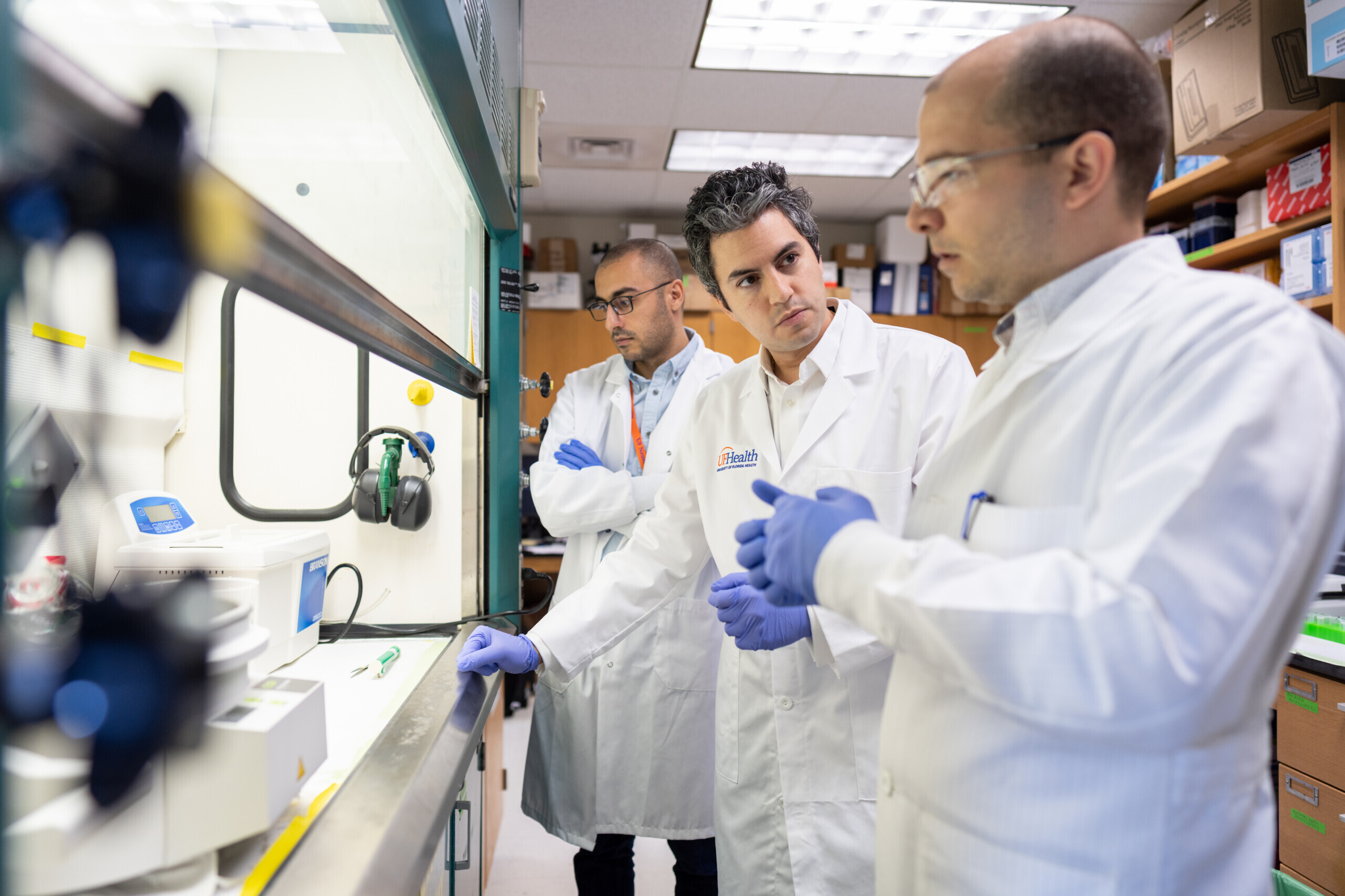An experimental mRNA vaccine that supercharges existing cancer treatments could be laying the groundwork for a “universal” cancer vaccine, according to the team behind the breakthrough.
Scientists at the University of Florida tested the innovation in mice and found it provoked a strong antitumor response when paired with immunotherapy. The surprising part was that the vaccine achieves this not by targeting a specific type of tumor, but by giving the immune system a general helping hand, meaning it could be applied to pretty much any type of cancer.
“This paper describes a very unexpected and exciting observation: that even a vaccine not specific to any particular tumor or virus – so long as it is an mRNA vaccine – could lead to tumor-specific effects,” said senior author Elias Sayour, MD, PhD, in a statement.
Cancer vaccines sound like a utopian dream, but they’re not a new concept. mRNA vaccine technology in particular – though many of us associate it with COVID-19 – has been changing the game when it comes to vaccine research in oncology.
Until now, there have been two major approaches to cancer vaccines. One is vaccines that target specific proteins that are present in a large proportion of patients with a specific type of cancer. For example, a report in 2023 detailed promising clinical trial results for a vaccine targeting α-lactalbumin, a protein present in most triple-negative breast cancer tumors.
Another way of looking at the problem is to personalize the vaccine to a specific patient. That’s where mRNA vaccines have really come into their own, offering hope of future treatments for some of the most aggressive and deadly cancers.
This new study, however, reveals secret option number three: developing a vaccine that can be combined with other drugs to treat cancers indiscriminately. In other words, a universal cancer vaccine.
“What we found is by using a vaccine designed not to target cancer specifically but rather to stimulate a strong immunologic response, we could elicit a very strong anticancer reaction,” explained co-author Duane Mitchell, MD, PhD. “And so this has significant potential to be broadly used across cancer patients – even possibly leading us to an off-the-shelf cancer vaccine.”

Elias Sayour (center) and some of the study team.
Image credit: UF Health
The experiments involved mice that had been implanted with tumor cells to model various different types of cancer: melanoma, bone cancer, and brain cancer.
The mRNA vaccine they used was similar to ones formulated against COVID-19, but with a key difference – the vaccines had no specific target, but were just designed to elicit a strong immune response.
When administered in combination with a drug called a PD-1 inhibitor – which themselves have been part of a new wave of cancer immunotherapies that have been touted as a “revolution” – the boost from the vaccine led to more positive results than would have been expected with the drug alone.
Adding the vaccine to a treatment regimen was able to induce T cells to respond to a tumor that had previously been resisting treatment. In some of the experiments, an mRNA formulation alone was enough to treat the cancer, sometimes eliminating the tumor altogether.
“It could potentially be a universal way of waking up a patient’s own immune response to cancer. And that would be profound if generalizable to human studies,” said Mitchell.
“This finding is a proof of concept that these vaccines potentially could be commercialized as universal cancer vaccines to sensitize the immune system against a patient’s individual tumor,” added Sayour.
While this research is still very much in the nascent stages, we’re learning more about the potential of mRNA vaccines every day. Their promise as tools to combat both infectious and non-infectious diseases is why so many have argued vociferously for their use in the wake of attempts to discredit the technology.
Just recently, Sir Stephen Powis – the outgoing holder of one of the top healthcare jobs in the UK, National Medical Director of NHS England – commented that cancer treatment is “at the cusp of a golden era.” It’s breakthroughs like this that are going to get us there.
The study is published in Nature Biomedical Engineering.
Source Link: Could We Be On Track Towards A Universal Cancer Vaccine? New Findings Say: Maybe